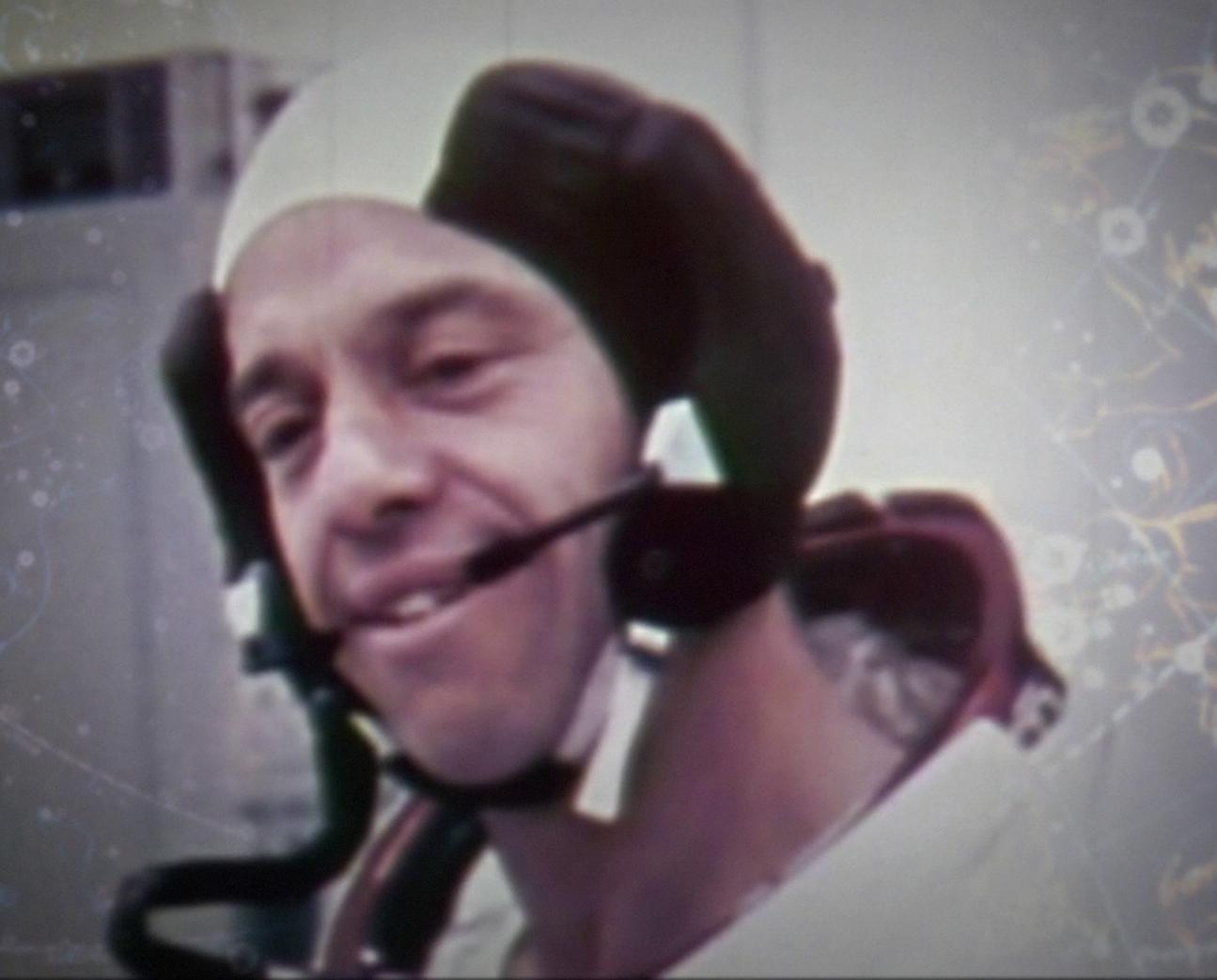So Kirk would be throwing his weight around to bump the next serving captain in line out of a command. No real organization would work that way, nor does Kirk seem like the kind of spoiler who would do that to an up-and-coming fellow officer.
Since when has Starfleet ever functioned remotely like a real organization? Riker turned down three consecutive offers for starship commands and stayed in the same posting for 15 years, which in any real organization would be career suicide, and yet he still got a captaincy as soon as it was convenient for the plot. Picard had two starships destroyed out from under him, and they still gave him a third. People like Kira and Odo and Nog and Garak kept serving as Defiant bridge crew even though there must've been plenty of qualified Starfleet personnel available. And let's not even get into Kirk's career trajectory in the Kelvin Timeline. None of it makes any organizational sense, because it bends to serve the needs of the narrative and the continued presence of the lead actors.
Actually, some of what's implied in TMP, if thought through, make him seem more like some kind of foot-stamping brat than the serious but compassionate leader of TOS.
That's not just implied, it's an overt plot point. The first half of the movie is about Kirk being obsessed with getting command back at all costs and McCoy eventually reading him the riot act and getting him to realize how badly he's behaving. It's only after he gets past that obsession and starts working with Decker instead of against him that he's able to command effectively. From then on, he and Decker develop a stronger partnership, and at the climax, Kirk is able to trust Decker's judgment and let him take the action that saves the day. Thereby demonstrating that Kirk has relearned how to be a team player and a better leader.
(I feel you can basically approach TMP as a 2-part episode where the first half is about the Kirk-Decker rivalry and the second half is about Spock's journey and the confrontation with V'Ger.)

